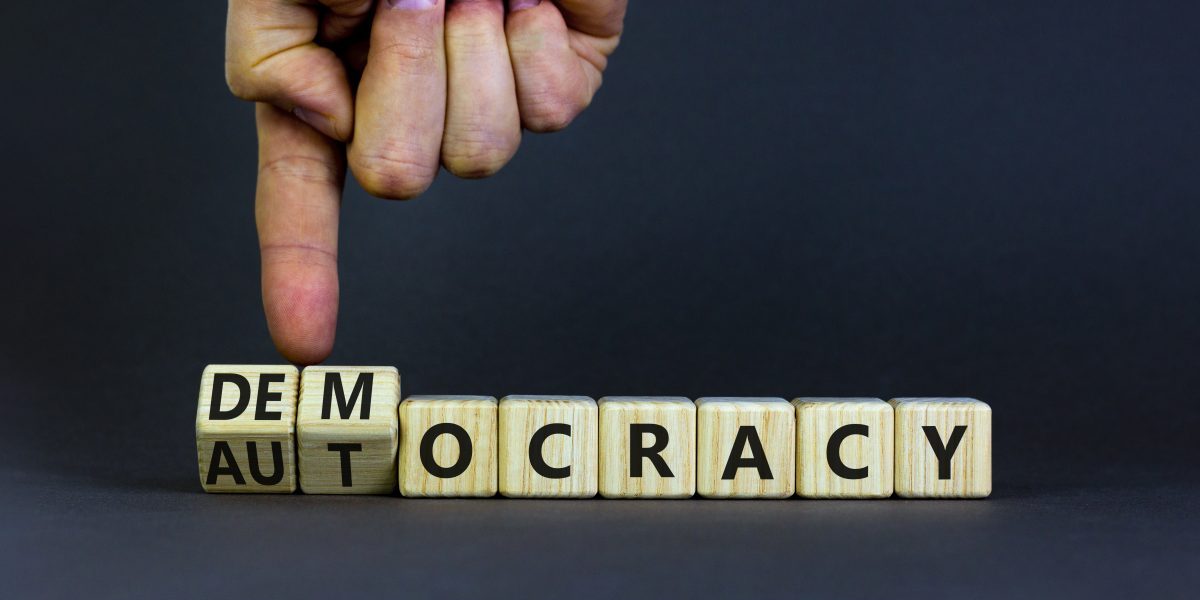Such a characterization, though, distorts the reality of years of democratic backsliding and risks losing sight of the real issues.
It also overlooks the fact that many Global South democracies identified by the United States for inclusion in its summit have made a conscious choice to neither support nor condemn the war in Ukraine.
The hard truth is that trust in the democratic system is eroding. This has opened the door for populists and puts minority groups at risk of discrimination and exclusion from democratic and constitutional rights.
Successful and attempted unconstitutional changes of government have presented new challenges, especially in Africa, where the number of successful coups is rising.
The tendency to define democracy purely in electoral terms is also growing, a phenomenon present in donor relations in developing countries. This causes neglect of other aspects of democratic governance and threatens the quality of elections.
The first summit was criticized for being one-sided, pivoting around the United States and its geopolitical interests. Perhaps this motivated the U.S. decision to cohost the second summit with Costa Rica, the Netherlands, South Korea, and Zambia. Criticism of the summit, however, does not mean that the world’s democracies, including those in Africa, should not be concerned about the erosion of trust in the democratic system as one that can deliver economic, social, and political rights.
Although democracy is flawed, it is not doomed. Afrobarometer research shows that democracy remains the form of government most preferred by Africans. The same survey also shows that Africans value government accountability over efficiency.
The year between the two summits was labeled the Year of Action, a time states were expected to act on commitments made at the first summit to strengthen democracy, respect for human rights, and anticorruption mechanisms. Sixteen democracy cohorts of civil society and national government were created to support implementation of these commitments. Cohorts used the time to set clear objectives and guidelines, but more time is needed for measurable action. Sustaining democracy requires far more than one year of action.
The second summit risks being viewed purely as a foreign policy exercise rather than a forum designed to bring democracies together to actively address the domestic situations that need attention. The second summit did not part with this image in that many of the new initiatives center on U.S. foreign policy values. Sustaining democracy requires leaders to rebuild trust with their citizens in the ability of the system to be responsive to their concerns and for citizens to remain vigilant in calling for accountability.
This article was first published in the Council of Councils.








